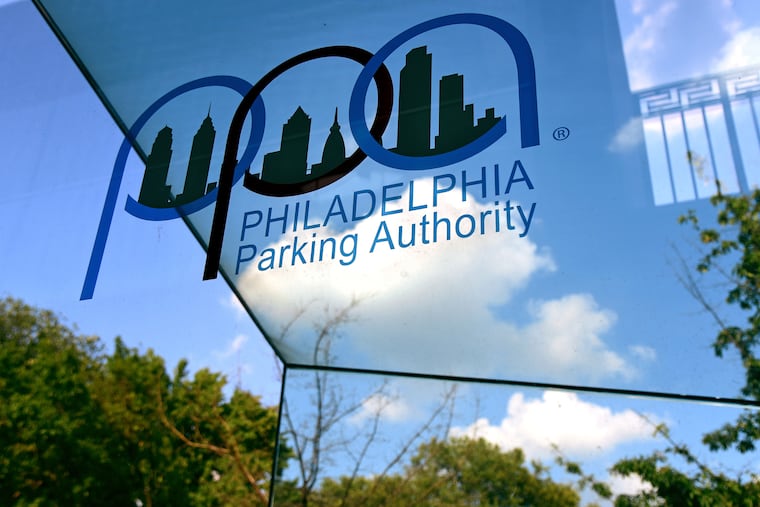Philadelphia needs a better parking authority. That starts with hiring a qualified executive director. | Editorial
In our city — where parking management policies shape everything from the fate of development projects to the success of the retail industry — effective management of the agency is especially crucial.

Over the past few years, there’s seemingly been one gaffe after another at the Philadelphia Parking Authority.
In 2019, the authority began pouring $4 million into renovating a new towing headquarters, only to learn that it may end up being unusable. Over the last year, the agency — long considered a patronage haven where a recent audit found that nearly a quarter of its workforce was politically connected — also passed on a chance to overhaul its image by rejecting a plan to make hiring less political.
And, perhaps most galling, parking officials — who are charged with sharing a portion of their revenue with the Philadelphia School District — sent the school system a $11.3 million bill last fall for what it said were overpayments. The problem? The authority could not provide any paperwork to back up its claim.
Despite these long-standing issues, it was still a surprise that Scott Petri was ousted last week as the agency’s executive director. His departure provides the authority with an important potential moment to reset, starting with taking some of the politics out of parking administration.
» READ MORE: PPA sank millions into now-abandoned facility
Despite its name, the Philadelphia Parking Authority — which is responsible for monitoring the city’s metered and permit parking areas, as well as regulating traffic cameras and parking at Philadelphia International Airport — is an agency run by the state, not the city. As a result, the Republican-controlled state legislature appoints most of the board responsible for governing the authority.
Unfortunately, putting political convenience — Petri was selected after being pushed out of a congressional primary — ahead of effective policy is consistent with how the parking authority has long operated. The city controller, Rebecca Rhynhart, recently chided the agency’s track record as often “disappointing … not necessarily surprising.”
Despite audits from Rhynhart and former state Auditor General Eugene DePasquale, the agency has remained, as this board called it, “Philadelphia’s Shangri-la,” a place where nothing ever changes.
That’s a shame because the city could use honest, effective parking management. From West Philly to Roxborough, parking policies have wide-reaching effects on everything from the fate of development projects to the success of the city’s retail industry.
» READ MORE: PPA abruptly fires director
These are issues that a competent, well-led, ethical parking authority should be able to help address. And then there are the financial stakes: as much as the agency’s tenacity in ticketing can roil Philadelphia’s motorists, parking management — which brings in about a quarter of a billion dollars in revenue each year — is an essential part of building a successful city.
If the authority is truly committed to revitalizing itself, it is crucial that the agency’s board members do better than their predecessors when deciding who should run it.
Petri, a longtime Republican state lawmaker from Bucks County, had no experience in parking management and wasn’t even a resident of the city when he was selected to lead the authority in 2017.
In choosing the agency’s next executive director, it’s critical that the authority’s board follow through on its promise to conduct a national search — and they should keep the need to mollify the Pennsylvania Republican Party out of the discussion.
The ideal candidate should not only have plenty of experience working in parking management or transportation, like previous executive directors, they should be someone who has an appreciation for the pace, rhythms, and challenges of city life. They should also be willing to relocate to one of the neighborhoods that their employees patrol so they can have a ground-level understanding of the distinctive issues — such as equitable parking enforcement — with which the agency regularly grapples.
Bringing change to the parking authority’s Shangri-la is not something that can happen overnight, but with four (soon to be five, pending an appointment from Gov. Tom Wolf) new board members, the opportunity to begin fixing a broken agency is there. Who they choose as their next executive director will go a long way in determining whether or not that happens.